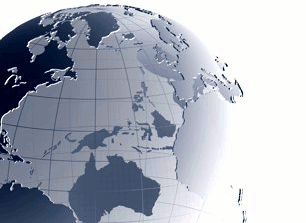

Greeting from the President
YAMAMOTO Hajime,
12th President of the International Human Rights Law Association in Japan

I have assumed the 12th presidency of the International Human Rights Law Association in Japan since December 2021. Our Association is composed of scholars and practitioners from various professional backgrounds. I am a comparative constitutional scholar.
Our Association was founded in 1988, the 40th year since the adoption of the Universal Declaration on Human Rights. The premise of its foundation is as follows: First, truly interdisciplinary work with the participation of researchers of constitutional and other fields of domestic law as well as legal practitioners is indispensable to realize the domestic implementation of international human rights standards. Second, the protection of human rights within any one country can only be secured through constant attention towards issues of human rights globally. It is therefore important, now more than ever, to both obtain and share widely, information on issues of the global protection of human rights. Specifically, it is essential to organize a forum, connecting academics and practitioners domestically and abroad, to engage in systematic and multidisciplinary research, and to exchange information, knowledge, research, and expertise.
To accomplish these purposes, our Association organizes an annual Symposium and other events, support each member’s activities, and publishes our bulletin Human Rights International annually. Also, our Association connects with related organizations and associations and supports exchange among researchers, attorneys at law and practitioners. In recent annual Symposiums, our Association took up the following themes: “Criminal Law and International Human Rights” (2019), “Immigration Control and Human Rights of Foreigners” (2020) and “Covid 19 and human rights problem” (2021).
It is regrettable that we have many serious concerns on human rights issues in the contemporary world. For example, issues around the human rights of foreigners, problems related to gender equality and issues on poverty are reported daily in Japan. Globally, we are facing refugee crises, terrorism, economic crises, democracy crises and environmental destruction. In such a world, accelerated by populist movements, diverse forms of chauvinism are developing in various regions and countries, where discourses injuring human rights values and disregarding the protection of human rights are on a remarkable rise. At the same time, for instance in Japanese society, a diversity of sexual orientation has been recognized more widely than before. The Black Lives Matter movement and the #MeToo movement have been evoking sympathies around the world. Thus, we can find hope for global solidarity to encourage the protection and development of human rights in the world.
We believe that the mission and role of our Association are increasingly significant. Using the light of international human rights law, our Association has made visible what could not be seen from existing academic frameworks. From now on, we would like to step up our efforts to promote interdisciplinary research and to offer a place where members from various academic backgrounds can engage in fruitful exchanges of their opinions and ideas.
We invite everyone who supports our mission to join us. Let us work together! Our Association always welcomes ideas and opinions from our members.